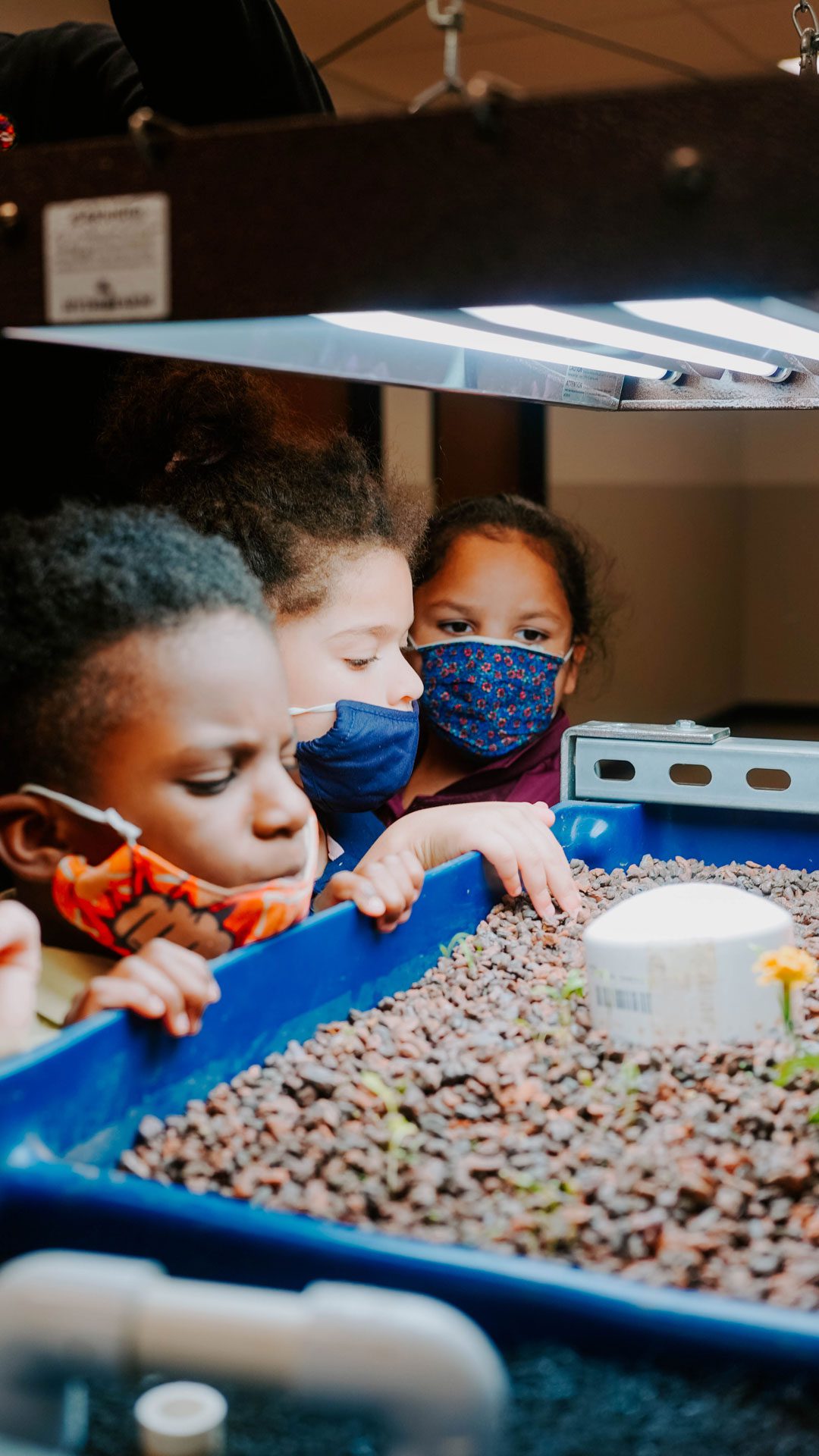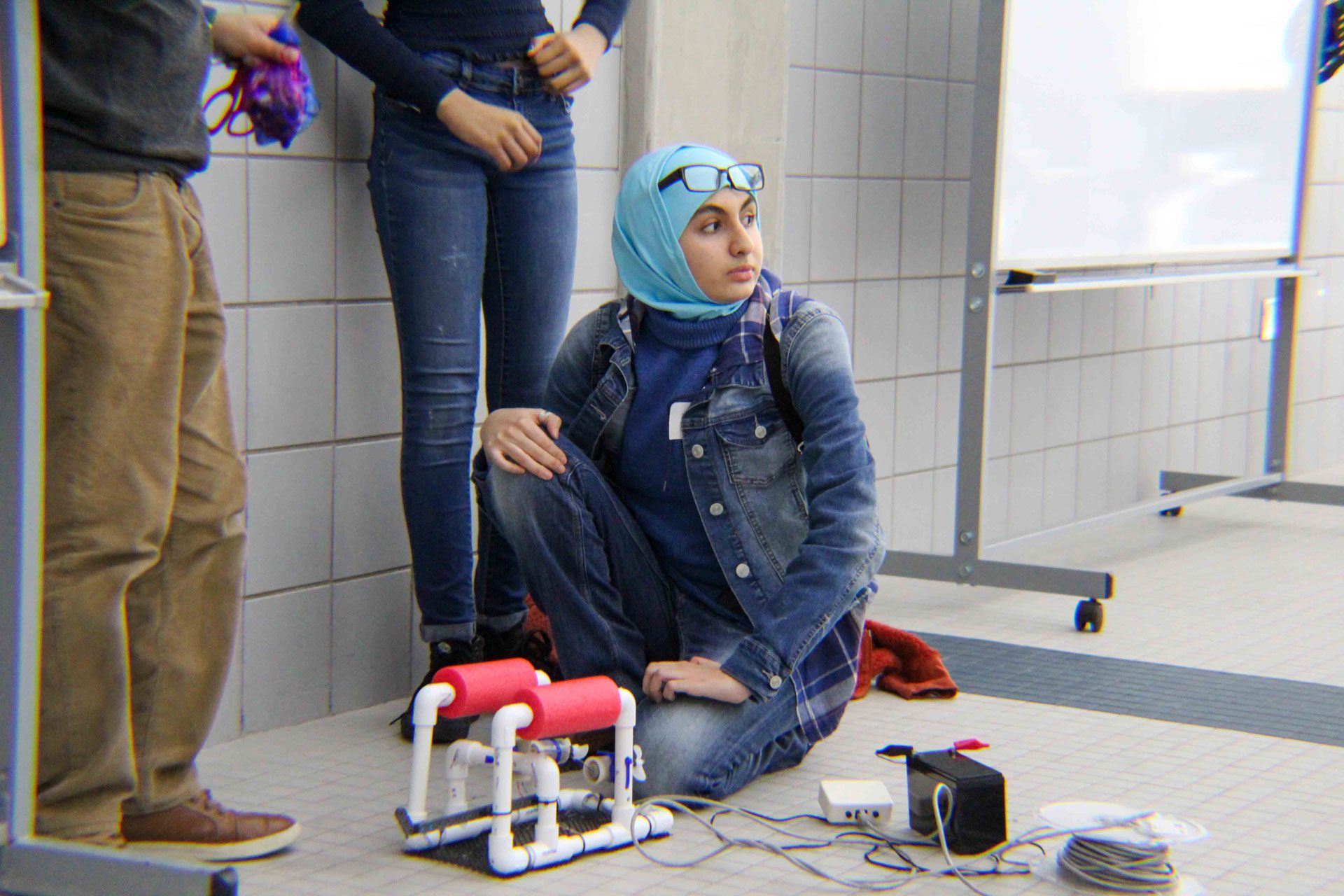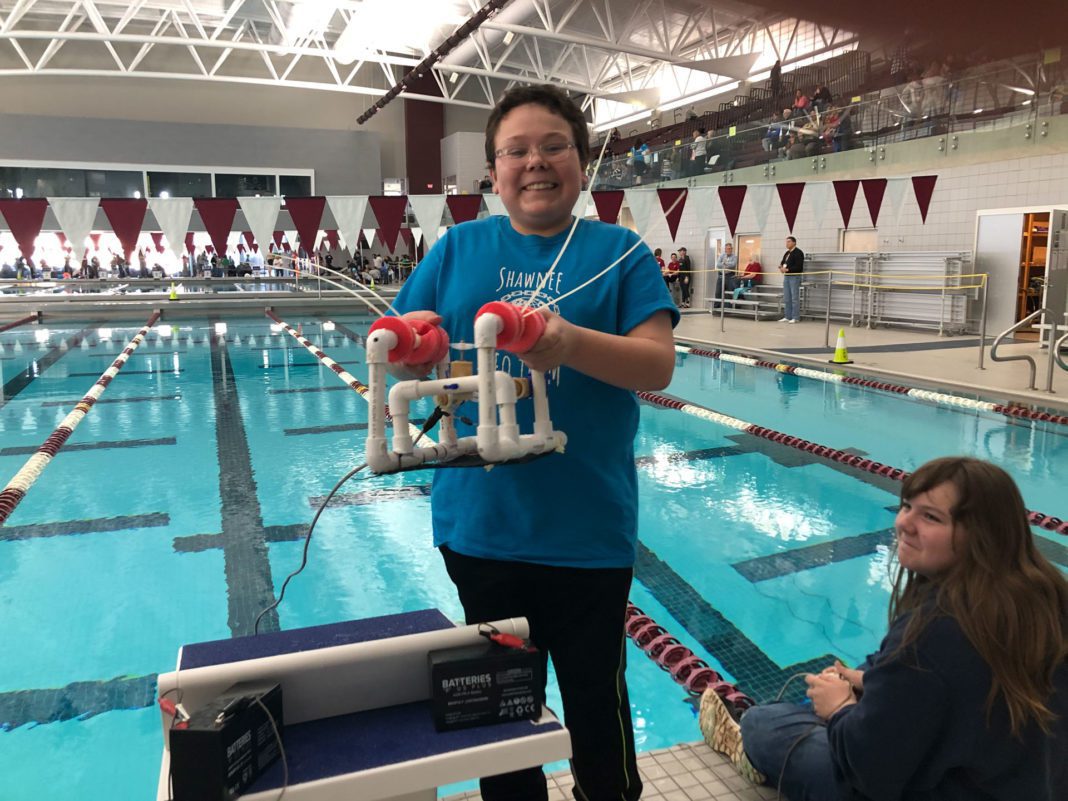Whether it’s the development of new medicines or the construction of cities – science, technology, engineering and mathematics (STEM) shape the future, and the need for a STEM-ready workforce continues to grow.
To help fill this gap, the Central Oklahoma Regional STEM Alliance (COSTEMA) and the Tulsa Regional STEM Alliance (TRSA) work at the grass roots level to offer programming for youth and families, professional development for educators, and resources to their ecosystem partners.
“STEM is a particular tool that many more of us need access to because it can create good in the world,” says Levi Patrick, chief executive officer at TRSA. “I feel like we’ve got something very powerful here in Tulsa that will benefit the state.”
Both alliances share similar missions that center on building broad, deep and innovative STEM pathways for all students to access high-impact careers. In 2021, the TRSA provided training to over 1,000 educators and created over 170,000 STEM experiences for students, including virtual programming and free STEM-in-a-bag kits.
This year, the alliance will lead 53 programs, including a drone competition, a kite festival and an event dubbed Space Week.
“Last year, we had 40,000 kids come through different events during Space Week,” says Patrick. “Maybe they can meet an astronaut. Maybe they can go to panel. It’s really quite a remarkable experience.”
Another one of TRSA’s flagship programs is its annual Tulsa Regional Science Fair, which concluded in March with a total of 68 participants. Submissions ran the gamut, from experiments that tested correlations between learning styles and personality traits to the effects of serotonin and vitamin D3 on Alzheimer’s in fruit flies.
As the demand for STEM education increases, the TRSA has begun implementing a new 3-year strategy, which will focus on making its programming more accessible and strengthening its ecosystems of partners.
“We are trying to reach [kids] more than ever, wherever they may be in our community, and give them access to ambitious learning opportunities,” says Patrick.
As a part of its strategy, the TRSA will set up a STEM classroom at the Tandy Family YMCA, where students can get hands-on learning, and teachers can check out supplies for their classrooms, such as LEGOs, anatomy models and science kits.
To celebrate this development, the TRSA will hold an open house in June. Interested families and educators can learn more about the upcoming event at tulsastem.org/openhouse.
“I hope that every community can benefit from what we’re doing,” says Patrick. “STEM is everyone. STEM is everywhere. All are welcome.”


Photos courtesy TRSA
A Bit of History
Although TRSA has grown into a force of its own, the organization originated from a small-scale community project led by the Oklahoma Innovation Institute in 2012. Over the years, the project received more support, and it became a nonprofit in 2017. Similarly, COSTEMA evolved from the Stem Funders Network, and it gained autonomy in 2016.
“We’ve exceeded over 500 community members,” says Patrick. “Our communities around Tulsa … value STEM education and creating opportunities for kids. I think it’s the secret sauce – that a whole lot of people care.”


























